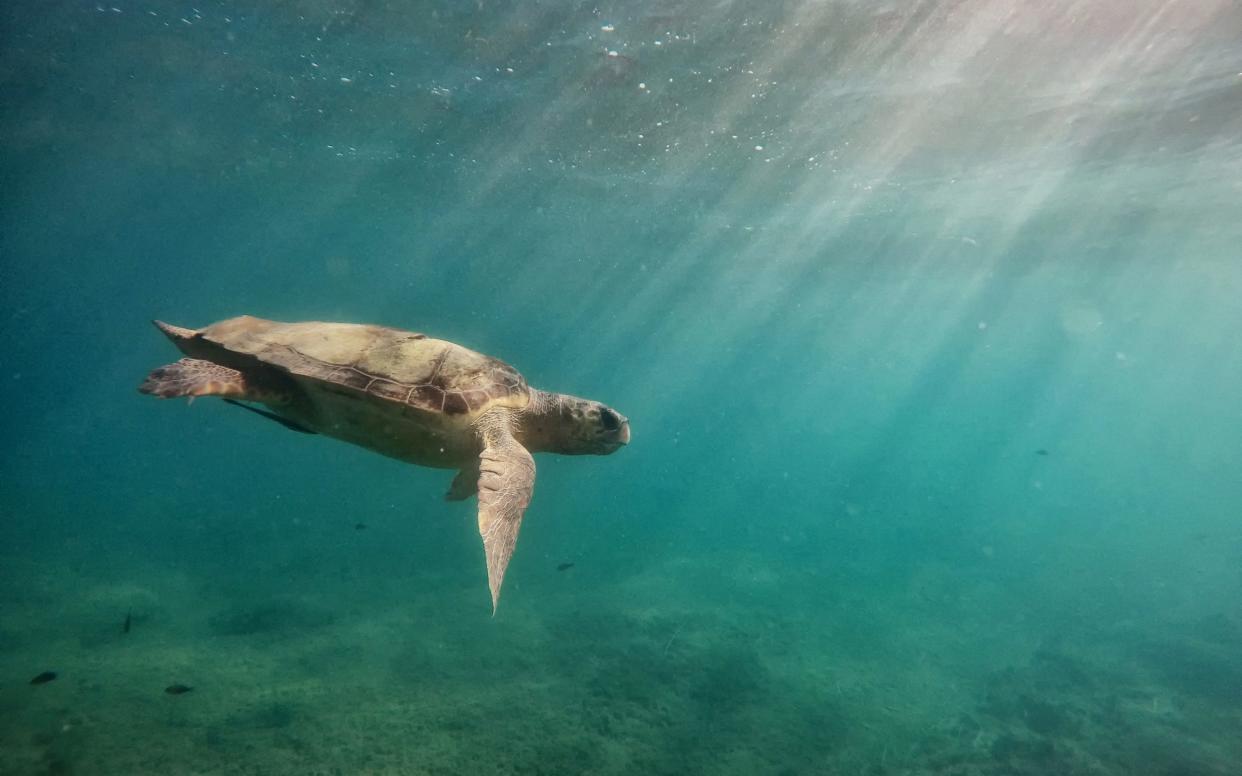Secret of turtle and whale 'sixth sense' could be magnetic bacteria that shows the way home

Many animals, including bats, whales, turtles and penguins, have a mystifying ability to navigate their way around the world. This internal compass has been labeled by scientists for decades as a 'sixth sense'.
Now, for the first time, researchers at the Aleph Lab in Oxford, and the University of Central Florida have found that the secret behind this mysterious skill could be magnetic bacteria which lives inside the creatures.
The study, published in Philosophical Transactions of the Royal Society B, found that animals which were able to navigate large distances appear to have a symbiotic relationship with Magnetotactic bacteria; a special type of bacteria whose movement is influenced by magnetic fields, including the Earth's.
Professor Robert Fitak, from the University of Central Florida, said: "The search for a mechanism has been proposed as one of the last major frontiers in sensory biology and described as if we are 'searching for a needle in a hay stack'."
Researchers mined one of the largest genetic databases of microbes for the presence of magnetotactic bacteria that had been found in animal samples.
They found, for the first time, that magnetotactic bacteria are associated with many animals, including a penguin species, loggerhead sea turtles, bats and Atlantic right whales.
For instance, Candidatus Magnetobacterium bavaricum regularly occurred in penguins and loggerhead sea turtles, while Magnetospirillum and Magnetococcus regularly occurred in the mammal species brown bats and Atlantic right whales.
Now they have discovered this, the scientists hope to sample more animals, such as migrating birds, to find out whether their ability to navigate the globe is also due to this bacteria.
Researchers still don't know where in the animal that the magnetotactic bacteria would live, but it could be that they would be associated with nervous tissue, like the eye or brain.
Prof Fitak added: "I'm working with the co-authors and local UCF researchers to develop a genetic test for these bacteria, and we plan to subsequently screen various animals and specific tissues, such as in sea turtles, fish, spiny lobsters and birds."

